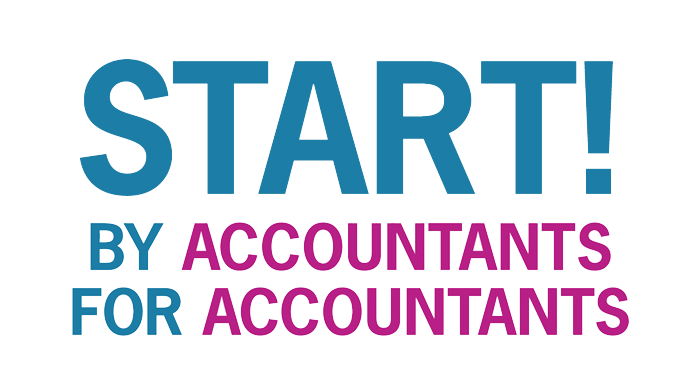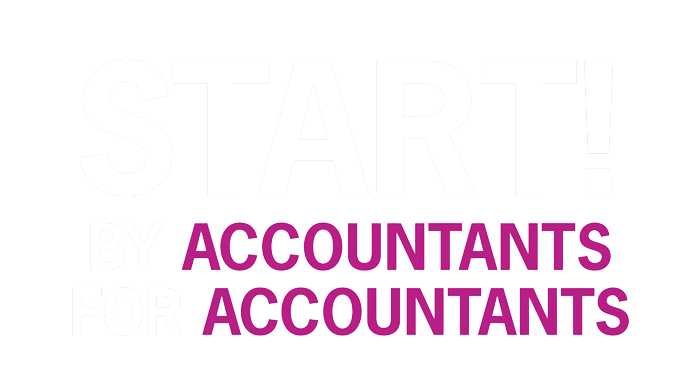Practice owner Mark Telford does not buy into the niche hype and here is why.
For anyone starting an accounting practice from scratch, and I’ve done it, there are a number of dos and don’ts that I would recommend. Fairly high up on this list is a favourite topic of mine – niching.
Despite what the gurus may tell you:
DO NOT NICHE!
That’s in capitals as I feel strongly about this. Niching has been a buzzword for a number of years now and it was still prominent at Accountex this year. The advice being is that you need to niche in order to scale.
Well, I can tell you that when starting out you need to put this idea to the back of your mind.
The number one priority for you when starting up is to get clients on board and to get the cash coming in. Get this wrong and your practice will struggle.
You need to get through the first 12 months and niching will not help you do that.
Most startups don’t have the luxury of a big cash fund to see them through the first 12-18 months or a partner who has a good level of income that covers the usual monthly expenditure that most of us have. For many, they are the sole or main breadwinner.
I should emphasise that if you are starting up and have a partner and a family then you must get them on board. This is vital.
You will need their support for the next few years as it will be hard work and at times stressful, but in the end, if you do it well, it’s very rewarding.
You may have planned your move to being your own boss and already have a number of clients on board which is great, but it’s probably still not enough to provide you and your family with enough monthly income to cover household expenditure.
By niching your practice at the very start or early on you are putting up a ‘no vacancies’ sign to a lot of potential clients. Clients who, in the very near future may refer you to other clients, who then refer you to others and so on.
If not niche, then what?
Remember: you need to get the clients and the cash coming in. At this stage, you are time rich and cash poor, so I would recommend:
- Social presence: Set up/update your LinkedIn, Twitter, Facebook profiles and other social media platforms that you use. You need to let everyone know what you are doing.
- Leverage your network: Your network may not be great at this stage but you should contact all of your friends, past work colleagues, suppliers, clients (this one may be tricky if you were in a practice), basically anyone who knows you.
- Design and set up your own website: There are lots of easy to use products such as WordPress and Rocketspark. It doesn’t need to be perfect but make sure it looks professional and tells everyone that you’re open for business and (almost) everyone is welcome.
- Subcontract: If you can, get some work in another practice or another company’s accounts department on a part-time basis. This has the triple benefit of getting cash coming, growing your network and great work experience seeing how other practices operate (good and bad).
- Network: Network, network, network. Go to as many different events as possible so that you can meet as many potential clients and introducers and let them know what you are doing and the type of clients you are looking for.
- It’s not a 9-to-5: Work as many hours as possible to make sure you succeed. Remember starting a practice isn’t for the fainthearted or workshy.
Above all else, accept all clients: any business sector or business type. However, the only caveat to that is that you need to avoid timewasters, liars and cheapskates. These won’t always be easy to spot at the start but after a while, you will develop a sixth sense.
I did all of the above and after 18 months with no marketing expenditure, my practice had a turnover of over £150,000. Most of those clients are still with the practice today – six years later.
Now once you get to the stage where client numbers and income levels are good you may decide to be more selective and specialise. You are now in the position where you can be pickier and probably have a very good idea of the type of clients you want to work with.
If you niche on day one, you may be forced back into full time employment with shattered dreams.
So if you are thinking of starting your own accountancy practice: do not niche!
If you’re ready to start or are already running your own accountancy practice, here are 5 ways I can help you run the practice you want, the way you want:

